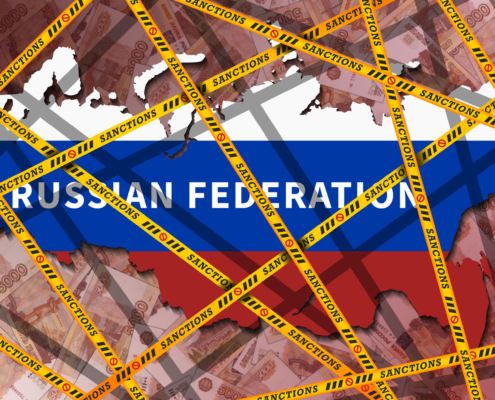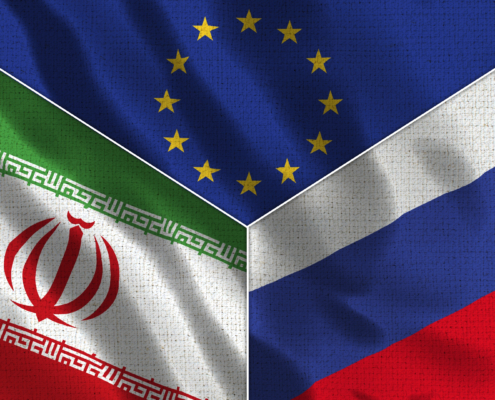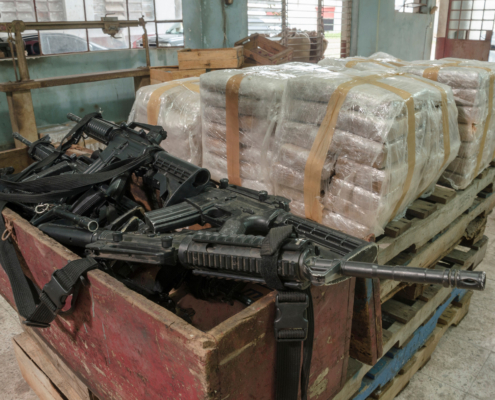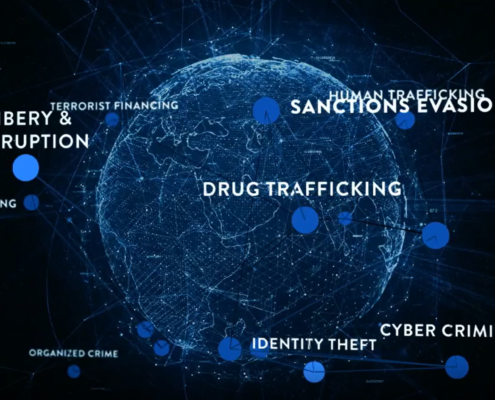 https://live-black-pebble.pantheonsite.io/wp-content/uploads/2023/12/GIFI-Placeholder2.png
0
0
IFI
https://live-black-pebble.pantheonsite.io/wp-content/uploads/2023/12/GIFI-Placeholder2.png
IFI2025-07-01 07:00:252025-06-30 16:26:21June 2025 Sanctions & Export Controls Update
https://live-black-pebble.pantheonsite.io/wp-content/uploads/2023/12/GIFI-Placeholder2.png
0
0
IFI
https://live-black-pebble.pantheonsite.io/wp-content/uploads/2023/12/GIFI-Placeholder2.png
IFI2025-07-01 07:00:252025-06-30 16:26:21June 2025 Sanctions & Export Controls Update
May 2025 Sanctions & Export Controls Update
Explore this month’s Sanctions and Export Controls Update, highlighting IFI’s take on key developments from the U.S., EU and UK in May 2025.

Lessons From Russia & Iran – What EU Sanctions Teach Us About Policy in Action
The EU’s Russia and Iran sanctions programs demonstrate using sanctions as strategic tools of influence, while also exposing the challenges in enforcement and importance of global coordination.

April 2025 Sanctions & Export Controls Update
Explore this month’s Sanctions and Export Controls Update, highlighting IFI’s take on key developments from the U.S., EU and UK in April 2025.

Syndicates of Terror
Eight Latin American drug cartels were recently designated by the United States as Foreign Terrorist Organizations and Specially Designated Global Terrorists. The U.S. designation enhances compliance risks for financial institutions and other companies transacting in Latin America.

Lifting Sanctions on Syria
Human rights activists have been advocating for the lifting of sanctions to help Syria rebuild after nearly 14 years of destruction. What would U.S. sanctions relief for Syria entail? What changes will likely be required?

False Flags, Fake Docs, and Fraudulent Routes
Russia continues to evade the $60 per-barrel price cap on its seaborne oil shipments. What can financial institutions engaged in documentary trade in the energy sector and other industry stakeholders do to mitigate their risks?

Untangling the Threads of Global Economic Tools
Ever wonder how export controls, sanctions, and proliferation finance differ—and why it matters? This article breaks down these essential tools, explains their unique purposes, and highlights how they often overlap in the real world.

Navigating the Convergence of Sanctions & AML Regimes
In our recent webinar, the director of compliance and enforcement at OFAC and three financial integrity industry leaders discussed the importance of breaking down silos and shared other advice for AML/CFT and sanctions professionals.

Russia: Slew of Sanctions
Explore the highlights from our most recent webinar about Russia sanctions. What happened in 2024, how has the regulatory atmosphere changed, and how will the sanctions environment evolve in 2025?
